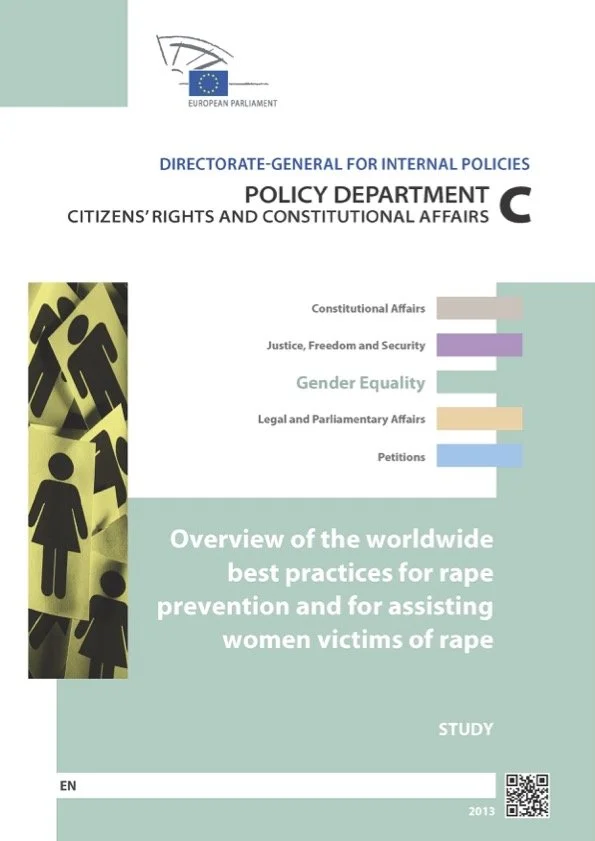By Scarlet Wannenwetsch
Since its first use by the World Bank in 2008, the concept of “anti-corruption Collective Action” has evolved into a well-established best practice to prevent corruption and strengthen business integrity. This paper captures the specific characteristics of anti-corruption Collective Action that have emerged over time and translates them into an easy-to-grasp typology that reflects both the variety and unifying principles that make up the Collective Action ecosystem. It aims to: • spark new impetus for engagement; • open the concept to new stakeholders, topics and environments; and • support existing initiatives in developing their long-term visions and aims. In addition to supporting practitioners, updating the typology will also help strengthen the case for Collective Action as a normative corruption prevention practice
This Working Paper presents an updated typology for anti-corruption Collective Action, a concept first defined by the World Bank in 2008. The new typology aims to reflect the realities and evolution of Collective Action, which is now becoming a well-established best practice for preventing corruption and strengthening business integrity. The paper seeks to enhance understanding, encourage broader stakeholder engagement and support the long-term visions of existing initiatives. The typology builds on the key characteristics of Collective Action that have developed into common denominators over time: • Private-sector engagement: Collective Action is primarily driven by businesses, often in collaboration with governments and civil society. • Focus on addressing corruption: Initiatives target corruption and corruption-related risks. • Commitment to raising integrity standards: Collective Action aims to level the playing field through sustained engagement and concrete actions. Using these common characteristics, the paper identifies three distinct categories of Collective Action initiatives: 1. Engagement-focused initiatives: Centered on trust building, knowledge sharing and collaborative efforts to strengthen business integrity. 2. Standard-setting initiatives: Developing industry- or country-specific anti-corruption frameworks, codes of conduct and best practices. 3. Assurance-focused initiatives: Incorporating external verification, compliance certification and monitoring mechanisms to ensure accountability. These categories operate within a Collective Action ecosystem, where initiatives are interconnected and capable of evolving and transitioning between categories. The paper highlights the importance of trust, commitment and private-sector leadership. It also identifies challenges, such as avoiding free riding and ensuring credibility. The paper finds that Collective Action has evolved into a dynamic and adaptable approach that must remain flexible and responsive to context. Rather than prescribing rigid methodologies, a broader focus on the Collective Action ecosystem is necessary to help stakeholders effectively engage. Currently, Collective Action faces a critical juncture: the growing number of high-level commitments is contrasted with challenges in translating them into practical collaboration between the public and private sectors. A key concern is preventing Collective Action from becoming a mere tick-box exercise rather than a meaningful mechanism to drive business integrity To safeguard its impact, a robust ecosystem anchored by an active community of practice must guide how governments, regional organisations and international bodies integrate Collective Action into their anti-corruption frameworks. To successfully “mainstream” Collective Action, the community must adopt a shared language and further provide clarity of concept. The typology presented in this paper serves as a building block. There is still a long way to go, requiring concerted efforts from the Collective Action community to come together to define and drive what meaningful progress looks like.
Working Paper 56,
Basel, SWIT: Basel Institute on Governance. 2025. 39p.





